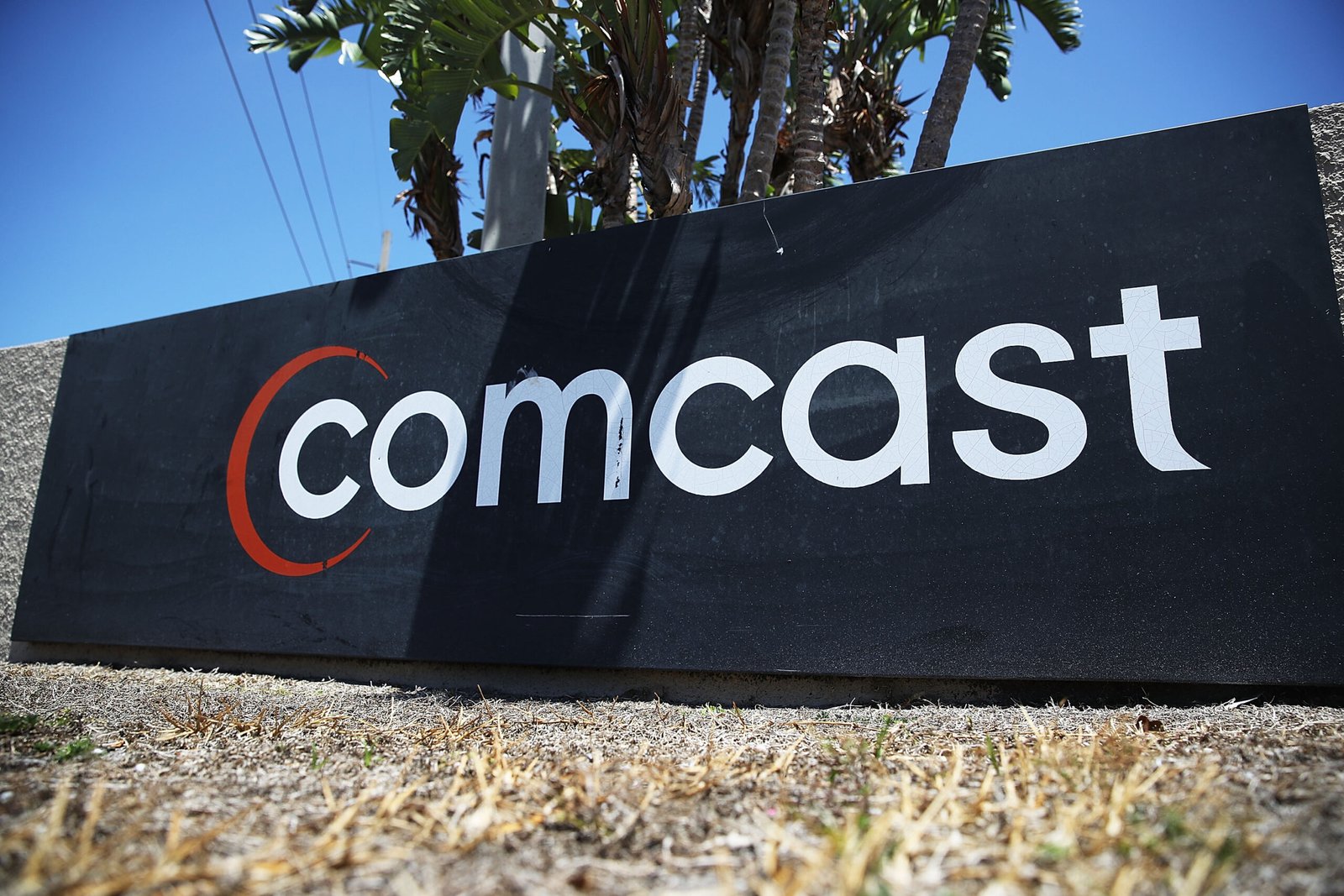Years behind its rivals, Google Chrome is finally taking a stand against third-party tracking cookies, the ubiquitous tools used to follow users’ online activity across websites. This long-awaited move represents a significant shift for the world’s most popular browser, potentially impacting online advertising, data collection, and ultimately, user privacy.
Key Highlights:
- Chrome begins phased rollout of third-party cookie blocking, years after competitors like Firefox and Safari.
- Users can expect the full block by late 2024, with limited testing currently underway.
- Google’s Privacy Sandbox initiative offers alternative tracking solutions that prioritize user consent and privacy.
- The move marks a major shift for the world’s dominant browser, potentially impacting online advertising and data collection.

Limited Rollout Begins, Full Block by 2024
The phase-out of third-party cookies in Chrome is happening gradually. Currently, only a limited number of users are experiencing the block, with a wider rollout planned for early 2024 and full implementation expected by the end of the year. This phased approach allows developers and advertisers to adjust their practices and prepare for the change.
Google’s Privacy Sandbox: Alternative Tracking Solutions
Recognizing the potential disruption to the online advertising ecosystem, Google has developed the Privacy Sandbox, a collection of alternative tracking solutions that prioritize user consent and privacy. These solutions rely on techniques like federated learning and cohort-based analysis, which allow websites to gather insights without directly tracking individual users.
Privacy Concerns and Industry Impact
The move to block third-party cookies has been met with mixed reactions. Privacy advocates and users applaud the increased control over their data, while some advertisers and data-driven businesses express concerns about the potential impact on their revenue and ability to target consumers effectively. The long-term effects of Chrome’s decision on the online advertising landscape remain to be seen.
Beyond Cookies: A Broader Privacy Landscape
The fight for online privacy extends beyond cookies. Regulations like GDPR and CCPA have empowered users to control their data, and other browsers like Firefox and Safari have already implemented strict privacy-focused features. Google’s decision to join the movement signals a broader shift towards a more privacy-conscious internet.
The Road Ahead
As Chrome begins its phased rollout of the third-party cookie block, users can expect to see changes in online advertising and data collection practices. While the full impact is still uncertain, one thing is clear: the era of unfettered online tracking is drawing to a close.


















